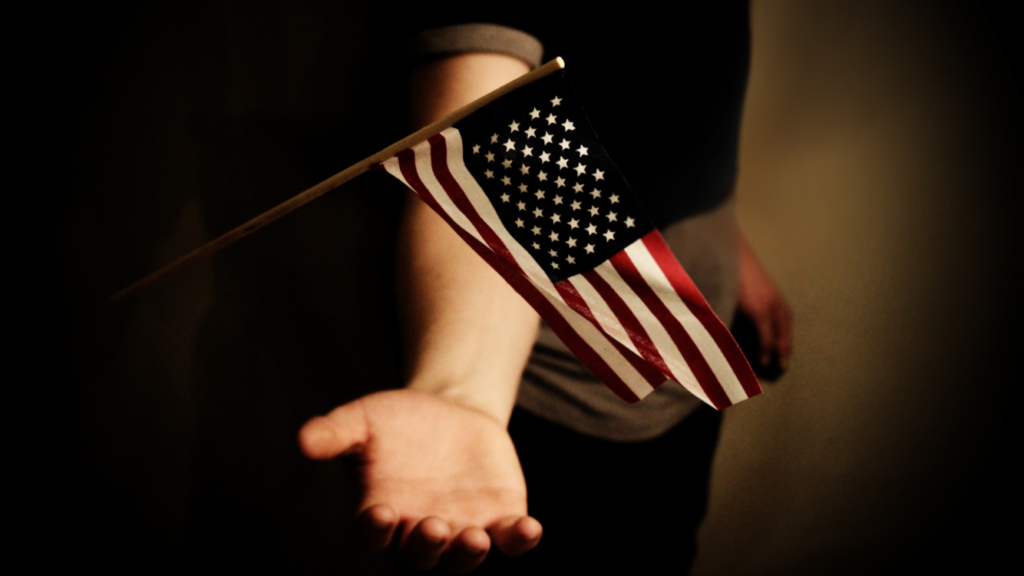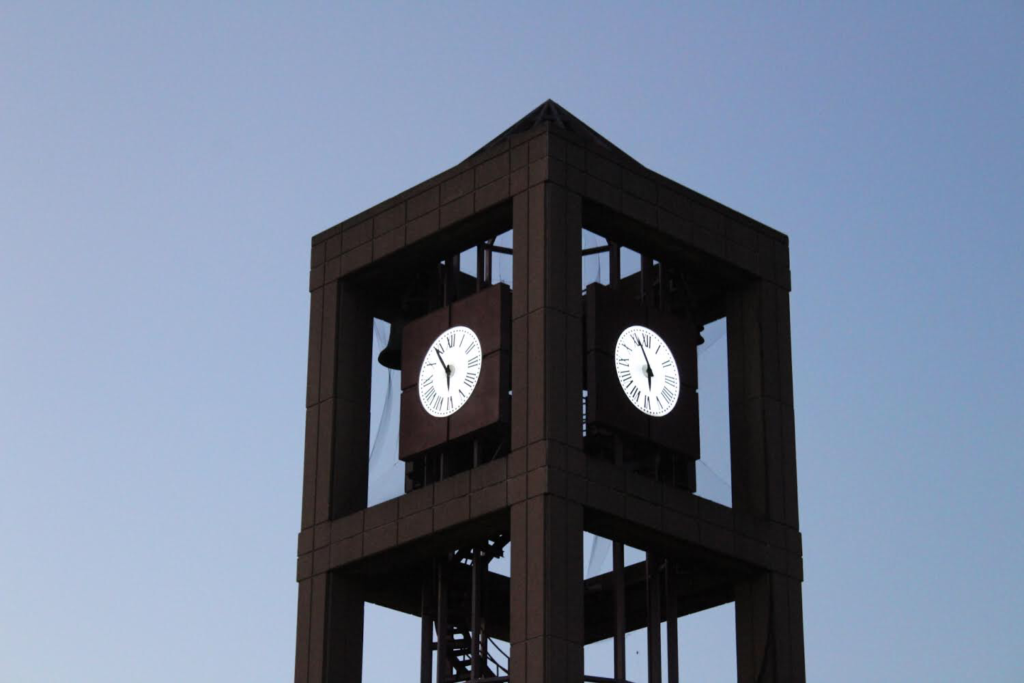
Additional reporting by Aresha Parjohn, staff writer
Observing the classrooms of Townsend Harris at the start of Band 2, one might find a peculiar scene as the Pledge of Allegiance is recited over the speaker. Many classes are seeing a trend in students choosing to simply sit during the Pledge of Allegiance, while others choose to stand to “honor our country and our flag.” As a sign of protest among other reasons, many students have decided to not stand for the pledge.
In a survey conducted via Facebook, data revealed that upperclassmen were more likely to not stand for the pledge, with about 50 stating they “do not stand for the pledge at school”, while a mere 18 stated they “do stand for the pledge at school.” The data collected among the underclassmen revealed the opposite trend, with the majority stating they “do stand for the pledge at school.” It is clear that views on the issue are split. Many students believe this topic deserves recognition as Junior Supriya Singh stated, “this is something I think should be talked about more in school.”
Those who choose to stand for the Pledge of Allegiance cite respect and honor for the country as the primary reasons for their choice. Sophomore Savannah Sclafani said, “The pledge of allegiance is a sign of respect for our country and its people, and the liberties that we have been granted here in this country that we should be thankful for. It is a symbol of unity, morality, justice, and liberty.” Others also see standing for the pledge as a sign of patriotism and pride for the country. Freshman Isaura Gonzalez, who came to U.S. is grateful for the opportunities it provides, explained that she stands for the pledge “as a way to show patriotism, [and pride] for the American framework of government and the extreme potential of the country.”
The large amounts of students who have recently decided to not stand for the Pledge of Allegiance believe the words of the pledge are not upheld, and many disagree with parts of the pledge. One argument against the pledge targets the notion of religion that is invoked from the pledge when it states “one nation, under god.” Senior Aaron Fernando stated, “Our country is secular; why do we need to be ‘under God?’ It violates the separation of church and state.” This raises concerns about the words of the pledge violating a fundamental American principle. For those who do not believe in god, and those who do indeed separate church and state, this mention of “god” is concerning.
Junior Tifara Boyce chooses to not stand for the pledge because she believe its values are not upheld. “There is simply no liberty and justice for all in America today,” she said. Many students have recently decided to not stand for the pledge due to the rise and awareness of social issues in the United States. Supriya believes that the pledge makes promises that it does not fulfill. She stated, “In no way are we indivisible, with divisions in race, class and beliefs that lead ignorant people to commit hate crimes. Especially right now, where the president of this country, Donald Trump, believes that specifically Muslim immigrants should not be allowed, and that we should build a wall to Mexicans.”
Junior Max Kurant also raised the point that choosing to not stand for the pledge is not a sign of disrespect or a lack of patriotism but rather a demonstration to highlight injustices. He stated, “Although I do have pride for my country, I cannot find it in my heart to pledge my allegiance to a country that does so many grossly wrong things, such as waging war with foreign countries for special interests and in turn blindly killing hundreds of thousands of innocent civilians, incarcerating and systemically discriminating against minorities at a disproportionate rate, and leaving so many to suffer in poverty”.
Others also raise the issue of discrimination in the United States. “The pledge’s meaning doesn’t apply to America,” Senior Tamanna Saidi explained. “We don’t actually carry out the ideas of the pledge. Standing for a country that doesn’t stand for certain people isn’t something I’m comfortable with.” For many standing for the pledge raises moral concerns as they choose to stand for a country which may not be inclusive to all.
Those who are aware of such injustices, but still choose to stand for the pledge believe the two should be separated. This choice to not stand for the pledge echoes the same ideas as the recent “Take a Knee” movement started by Colin Kaepernick as a sign of public demonstration of discontent regarding certain social issues. Savannah Algu said, “The Take a Knee movement during the pledge is disrespectful to the country and to our forces. Despite recent events concerning Trump, protest of the president is different than protest of the presidency. Often times, people take a knee in protest of the president without realizing they are protesting the presidency instead, and it is disrespectful because the presidency is part of our country’s history and has been an aspect of our democratic nation that our forces have fought to protect.” Many argue that regardless of current events, Americans should continue to stand to honor the country as a sign of everlasting unity and respect.
Regardless of where one stands on this controversial issue, it is important to note that all students have the right to choose whether or not to stand. The first Amendment grants freedom of expression to all, and Americans have the right to decide how to express themselves.

































